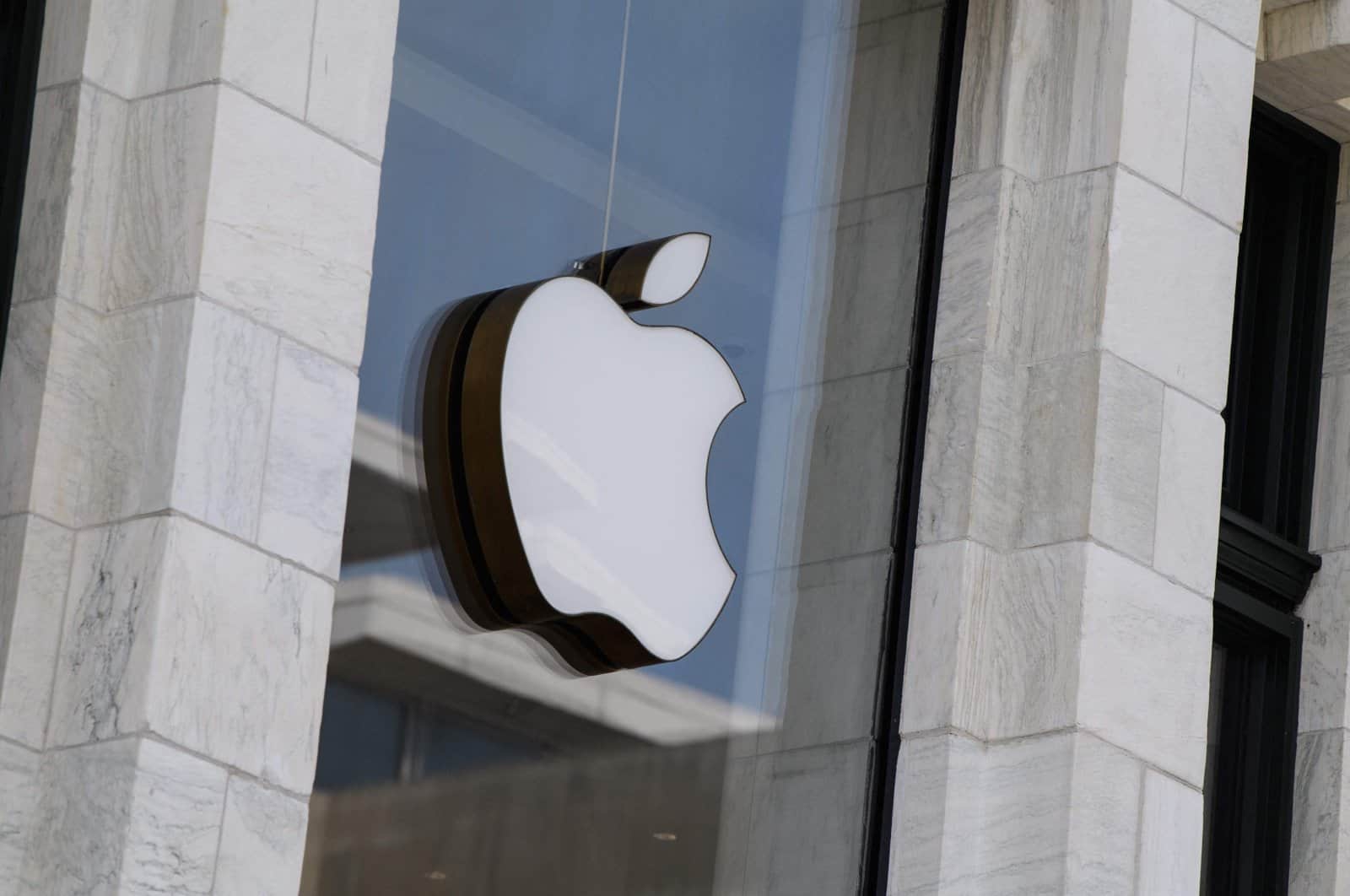Dubai, UAE – Apple has lost ground in the Middle East smartphone market during 2022 to main rival Samsung, according to research by Canalys.
Samsung has enhanced its share in the smartphone market in the Middle East to 40 percent in 2022, up from 34 percent in 2021, while Apple has lost its share to 13 percent in 2022, down from 17 percent in 2021.
Xiaomi also lost market share, falling to 14 percent from 15 percent in 2021, while Transsion fell to 13 percent from 15 percent in 2021. OPPO, on the other hand, increased its share to 5 percent in 2022 from 4 percent in 2021.
The Middle East smartphone market (excluding Turkey) is expected to grow 6 percent in 2023 to 40.4 million units.
Saudi Arabia, the largest market in the region, is expected to expand by 9 percent, while the UAE’s smartphone market is forecasted to increase by 6 percent. Canalys predicts that half of the smartphones shipped in 2023 will be 5G-enabled.
Manish Pravinkumar, Senior Consultant at Canalys, said that Samsung and Apple continue to be the defacto brands in the channel with strong power to stimulate sell-through.
Emerging vendors still face challenges to drive more sell-in as channels cannot take in more inventory, he added.
“Telecoms will push 5G to echo the government’s digitalization objectives. There will be collaboration with smartphone brands on flagship 5G smartphone launches to increase average revenue per user (ARPU),” said Sanyam Chaurasia, Analyst at Canalys. Canalys expects half of the smartphones shipped in 2023 to be 5G-enabled.








